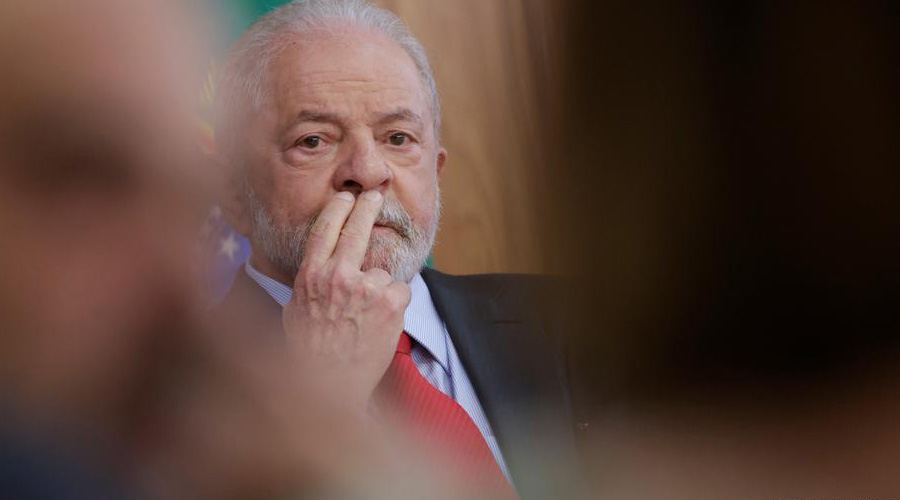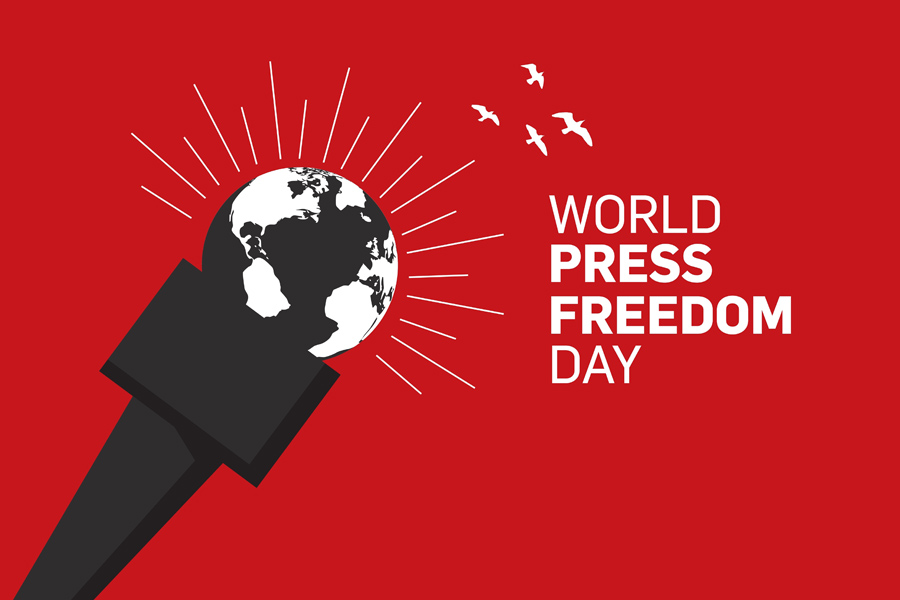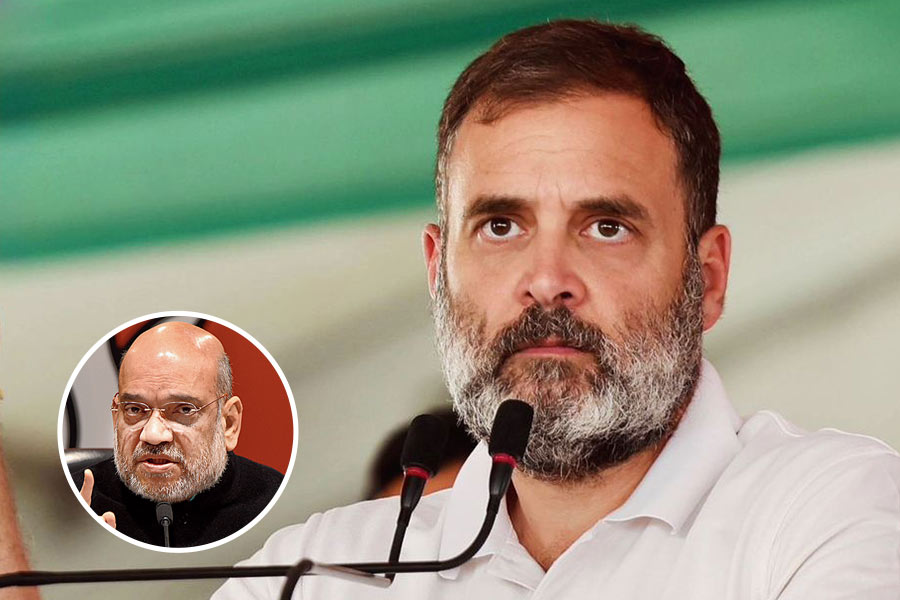“Brazil is back,” declared the country’s president, Luiz Inácio Lula da Silva, during a recent visit to China. Lula — as he is widely known — spelled out what he meant. “The time when Brazil was absent from major world decisions is in the past,” in an apparent reference to his predecessor, Jair Bolsonaro, whose maverick rule saw the Western hemisphere’s second-largest democracy drift away from its traditional partners in the Global South.
Even Lula’s critics will agree that Brazil’s international profile rose during his two previous terms. Barack Obama once described him as the world’s most popular politician. Possibly no single entity captures Lula’s legacy better than the Brazil-Russia-India-China-South Africa grouping that he was instrumental in co-founding. Yet if Brazil under Bolsonaro was often viewed as the weakest link in the group by geopolitical pundits, Lula’s comments — made at the anointment of his ally, Dilma Rousseff, as president of the BRICS Bank in Shanghai — served to underscore how times have changed.
Today, it is increasingly hard to escape the sense that India is the weakest brick in the formation that for the past two decades has promised to offer an alternative economic and political pole to the West. While China has always been the most dominant player in the bloc since its formation, its influence within BRICS was moderated by the strong, historical partnership between India and Russia and the warm ties that India and Brazil enjoyed during Lula’s earlier stint in power.
In 2023, those equations look very different.
China and Russia are tied closer at the hip than at any other point in modern history, with the war in Ukraine leaving Moscow particularly reliant on Beijing for political and economic cover. South Africa has long backed Chinese positions within BRICS — its economy depends too heavily on Beijing, its largest trade partner by far. And a series of missteps has left India vulnerable to the prospect of losing Lula too.
Lula’s January 1 inauguration was attended by a galaxy of Latin American and global dignitaries. The Narendra Modi government, however, did not depute any senior politician to attend the ceremony. It is unclear whether that was an oversight or a conscious decision. Either way, it added to a sense that the relationship between India and Brazil today lacks the punch it once had. It can’t have helped that Modi hosted Bolsonaro — a man who has repeatedly tried to undermine Brazil’s democratic institutions — as chief guest for Republic Day in 2020. The poor diplomatic decision hasn’t aged well, with pro-Bolsonaro rioters trying to stage an insurrection against Lula’s elected government in January.
Brazil and South Africa appear willing to take bolder positions on New Delhi's extended neighbourhood than India itself. Lula allowed Iranian ships to dock in Brazil in February despite pressure from the United States of America to drop that plan. South Africa has repeatedly pointed out Western hypocrisy in enabling Israel’s illegal occupation of Palestinian lands while challenging Russia’s equally illegal invasion of Ukraine. By contrast, India has sacrificed ties with Iran and Palestine statehood at the altar of stronger relations with the US and Israel. You can’t be a credible voice of the Global South — as the Narendra Modi government insists India is — if you are unwilling or unable to speak for it except when convenient.
None of this is to suggest that India should align itself with Russia and China. On the contrary, this is about India’s ability to navigate a world that is desperately trying to avoid getting caught in the mounting tensions between Washington and Beijing. That sentiment, and the rising fears of a cold or hot conflict between the US and China, are visible across Asia, Africa, Latin America and in parts of Europe too.
India could lead nations looking to avoid having to pick between superpowers. But for that, it needs credibility in the Global South. It won’t gain that by losing influence within groups like BRICS.
Charu Sudan Kasturi is a senior journalist who writes on foreign policy and international relations










